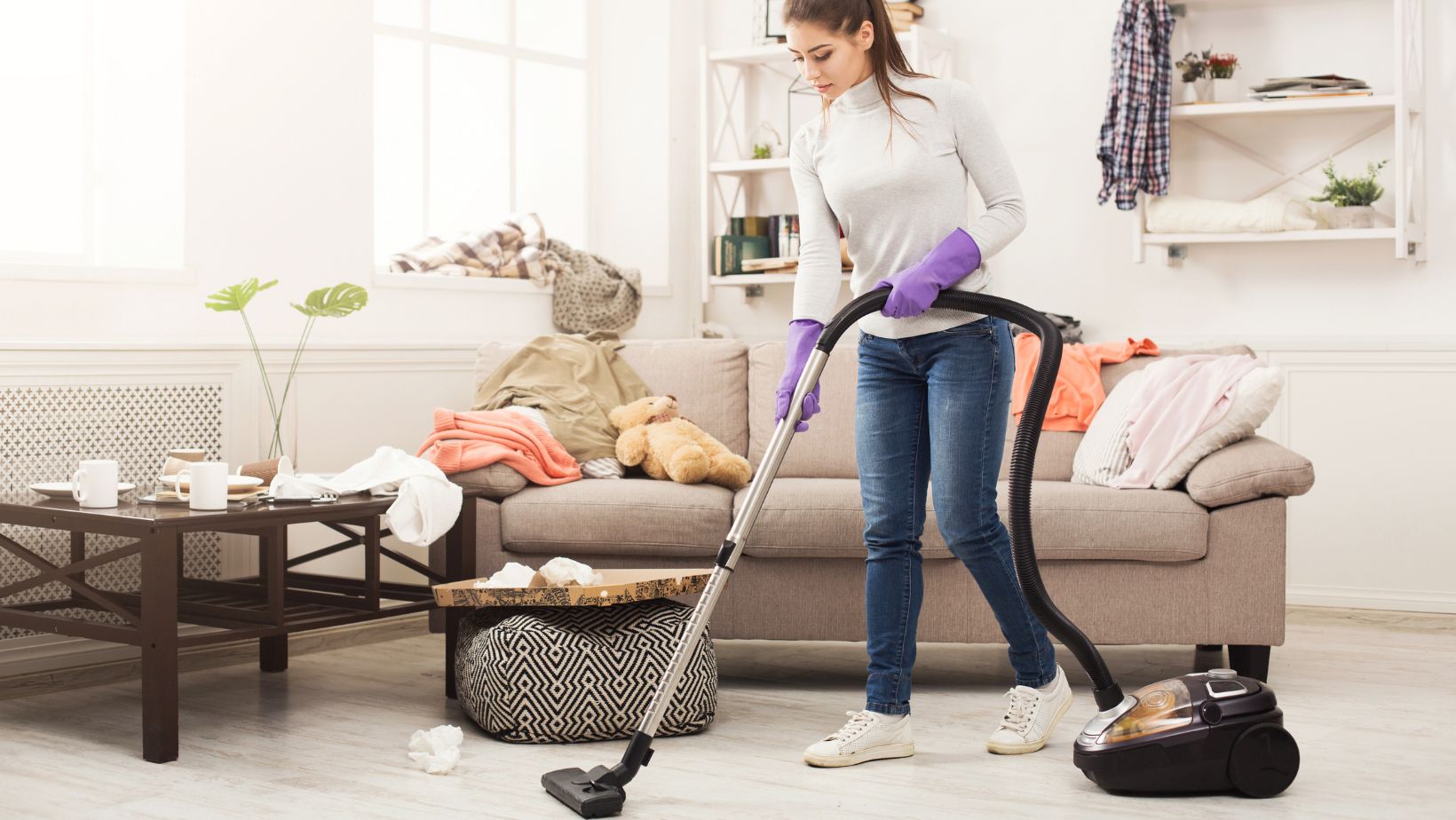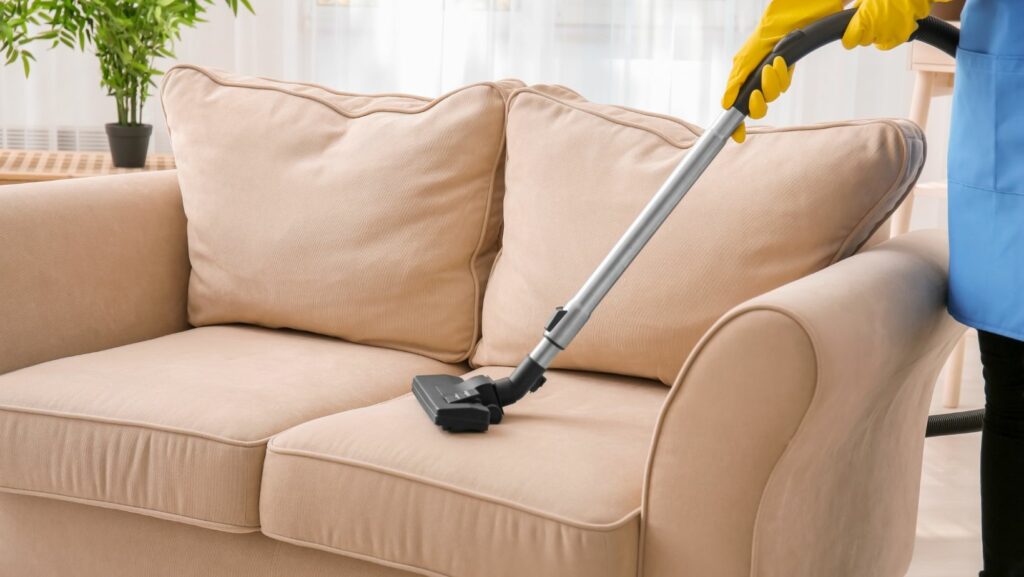Vacuuming is a routine household chore that many pregnant women may wonder about. Can you vacuum while pregnant? It’s a question that often arises due to concerns about the potential risks and hazards associated with operating a vacuum cleaner during pregnancy. In this article, I’ll delve into this topic and provide some insights to help expectant mothers make informed decisions.
Firstly, let me assure you that vacuuming itself does not pose any direct danger to your pregnancy or the health of your baby. The physical act of pushing or pulling a vacuum cleaner does not involve any jarring movements or excessive exertion that would be harmful. However, there are a few precautions worth considering for the sake of your comfort and well-being.
One aspect to be mindful of is the potential exposure to dust and allergens while vacuuming. Pregnant women can sometimes experience heightened sensitivity to certain substances, such as pollen or pet dander. To minimize any discomfort or respiratory issues, it’s advisable to wear a mask while cleaning and ensure proper ventilation in the area being vacuumed.
Contents
Table of Contents
ToggleCan You Vacuum While Pregnant
Choosing a Safer Cleaning Solution
When it comes to maintaining a clean and healthy home environment, many pregnant women may wonder about the safety of vacuuming. While vacuuming itself is not inherently dangerous, there are certain risks that pregnant women should be aware of. One potential concern is exposure to dust, allergens, and chemicals present in the air during the cleaning process.
To minimize these risks, it’s advisable for pregnant women to opt for safer cleaning solutions. Here are a few alternatives:
- Use a HEPA-filtered vacuum: High-efficiency particulate Air (HEPA) filters are designed to trap small particles like dust mites and allergens more effectively than regular filters. Investing in a vacuum cleaner with a HEPA filter can help reduce your exposure to airborne irritants.
- Consider using natural cleaning products: Many conventional cleaning products contain strong chemicals that may pose potential risks during pregnancy. Opting for natural or homemade cleaning solutions can be an excellent alternative. Vinegar and baking soda, for example, can effectively clean various surfaces without exposing you or your baby to harmful substances.
Alternatives to Vacuuming for Pregnant Women
If you’re still concerned about vacuuming while pregnant or have been advised by your healthcare provider to avoid certain activities, there are alternative ways to keep your home clean:
- Sweeping with a broom: Using a broom instead of a vacuum cleaner can help eliminate dirt and debris from your floors without the use of electrical appliances. Be sure to wear comfortable shoes with proper support while sweeping.
- Mopping: Mopping is another effective way to keep your floors clean without relying on vacuuming. Use mild detergents or natural cleaners diluted in water when mopping different surfaces.

Potential Risks to the Fetus
Understanding the Potential Risks
As an expectant mother, it’s natural to have concerns about the potential risks that certain activities may pose to your developing baby. One common question many pregnant women have is whether it is safe to vacuum while pregnant. While vacuuming itself may not be directly harmful, there are some factors to consider.
One potential risk of vacuuming during pregnancy is the physical strain it can put on your body. The repetitive motion and bending required for thorough cleaning can lead to backaches, muscle strains, or even falls if you’re not careful. It’s important to listen to your body and take breaks when needed.
Common Household Cleaning Chemicals to Avoid
Another aspect worth considering when discussing the risks of cleaning while pregnant is the chemicals commonly found in household cleaning products. Many conventional cleaners contain harsh chemicals such as ammonia, bleach, and phthalates that can release fumes into the air during use.
Exposure to these chemical fumes has been associated with various health issues in both adults and infants. Studies have linked them to respiratory problems, allergies, developmental disorders, and even reproductive complications. To minimize any potential risks from these chemicals during pregnancy, it is advisable to avoid direct exposure whenever possible.

